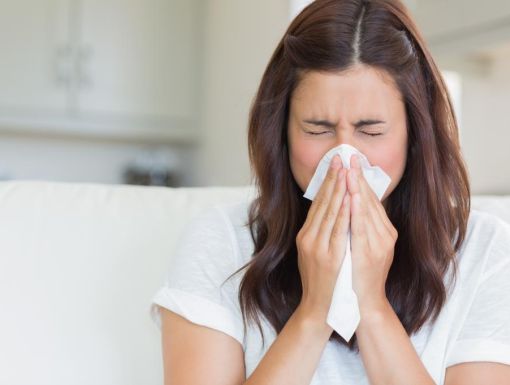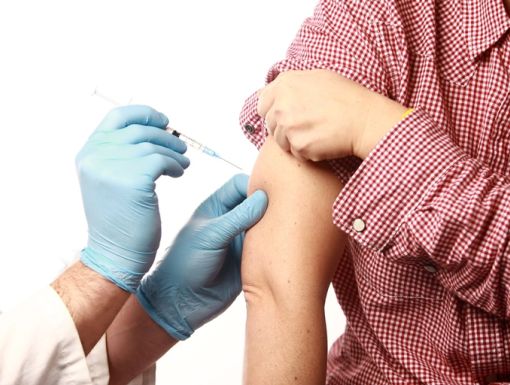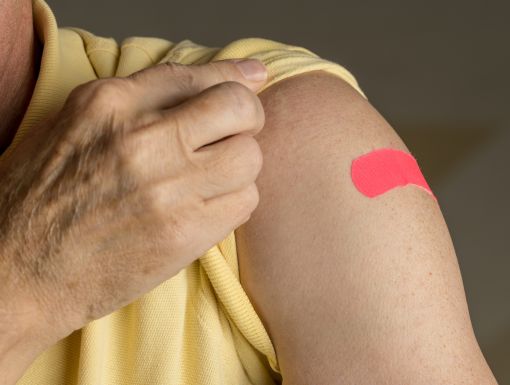
Can You Get the Flu from a Flu Shot?
The decision to receive a flu shot is a personal one, best made in consultation with a trusted doctor or healthcare provider who understands your unique health profile. It is therefore wise to gather information and prepare for that conversation.
The flu vaccine can lessen the severity of illness in the very young and very old, along with those with conditions such as hypertension, diabetes and chronic respiratory illnesses. Since the flu vaccine can decrease the severity of the illness, particularly those who are medically vulnerable, the flu vaccine can lead to decreased hospitalization and mortality.
Can the flu shot give you the flu?
It is not possible to get the flu from the flu shot. While some people do get sick after being vaccinated, it's not from the vaccine itself. And if you do catch the flu, it is usually a milder case if you have been vaccinated.
How does the flu vaccine work?
Vaccines, such as the flu shot, use a dead version of the viruses, also called inactivated vaccines. For the flu vaccine, chemical inactivation is used to “kill,” or make the virus inactive and noninfectious. Enough of the proteins on the virus' shell are left intact to trigger an immune response. The body recognizes the proteins as a danger and produces white blood cells to attack any matching flu virus. However, those proteins aren't enough for the virus to reproduce and infect a person who's been vaccinated.
What is the most common side effect from the flu shot?
The most common side effect of the flu shot is simply a sore arm. More than 60% of patients report having a sore arm after flu vaccine. This is usually very minor and can be reduced by using moist heat and an over-the-counter pain reliever.
Some people develop mild body aches, fatigue, muscle pain and a low fever, but it's just the body's immune response kicking in.
Why do some people feel sick after a flu shot?
If the flu vaccine cannot cause the flu, why do some people associate it with getting sick? The most probable reason is that the individual was exposed to a different respiratory virus, like the common cold, around the same time they received their flu shot. The timing is often coincidental.
It's also important to remember that it takes approximately two weeks for the flu shot to provide full protection. If a person is exposed to the influenza virus shortly before or during this two-week window, they can still develop the flu. The illness was not caused by the vaccine but by an exposure that occurred before immunity was fully established.
What are the benefits of getting a flu vaccine?
Consulting with a doctor or healthcare provider about the flu vaccine is the first step in managing your health. While the flu shot does not protect against other viruses, such as the one that causes COVID-19, its benefits are well-documented. Decades of data show that flu vaccination significantly reduces the risk of contracting the flu, as well as the risk of severe illness, hospitalization and death.
Where can you receive a flu shot with Ochsner?
Making an informed decision about your health starts with a conversation. Ochsner provides multiple convenient locations for our patients to discuss and, should they choose, receive their annual flu shot.
Your health is a partnership, and we are here to provide the guidance you need to navigate flu confidently. We encourage you to speak with a medical professional about any health concerns or questions you may have. It's a conversation worth having.



